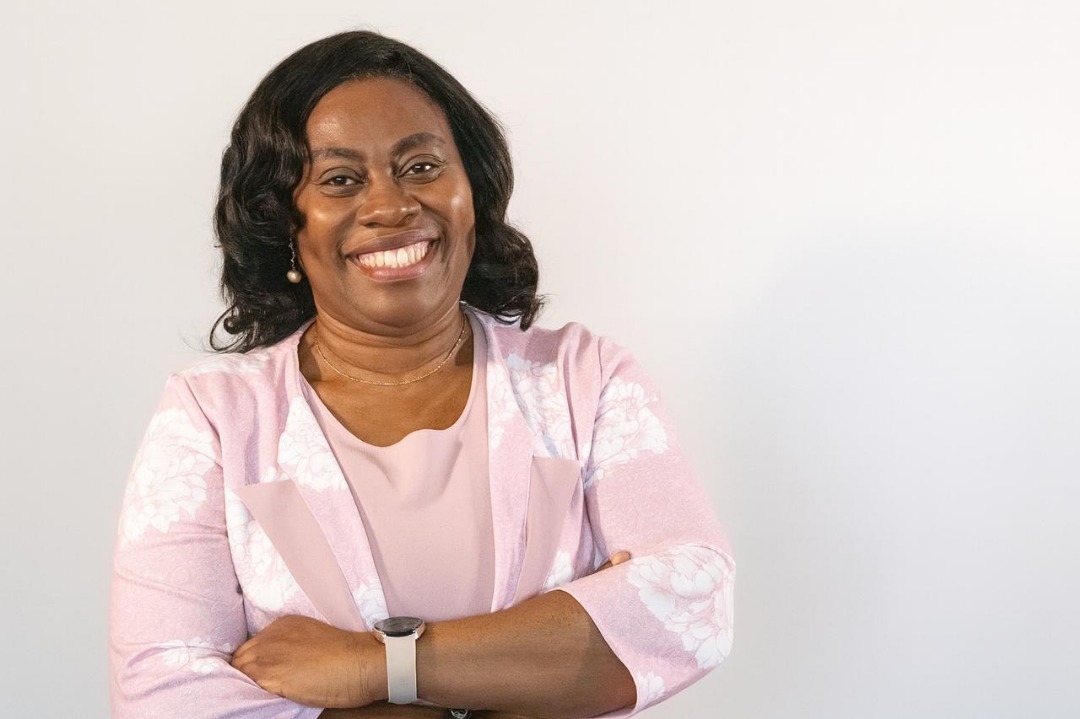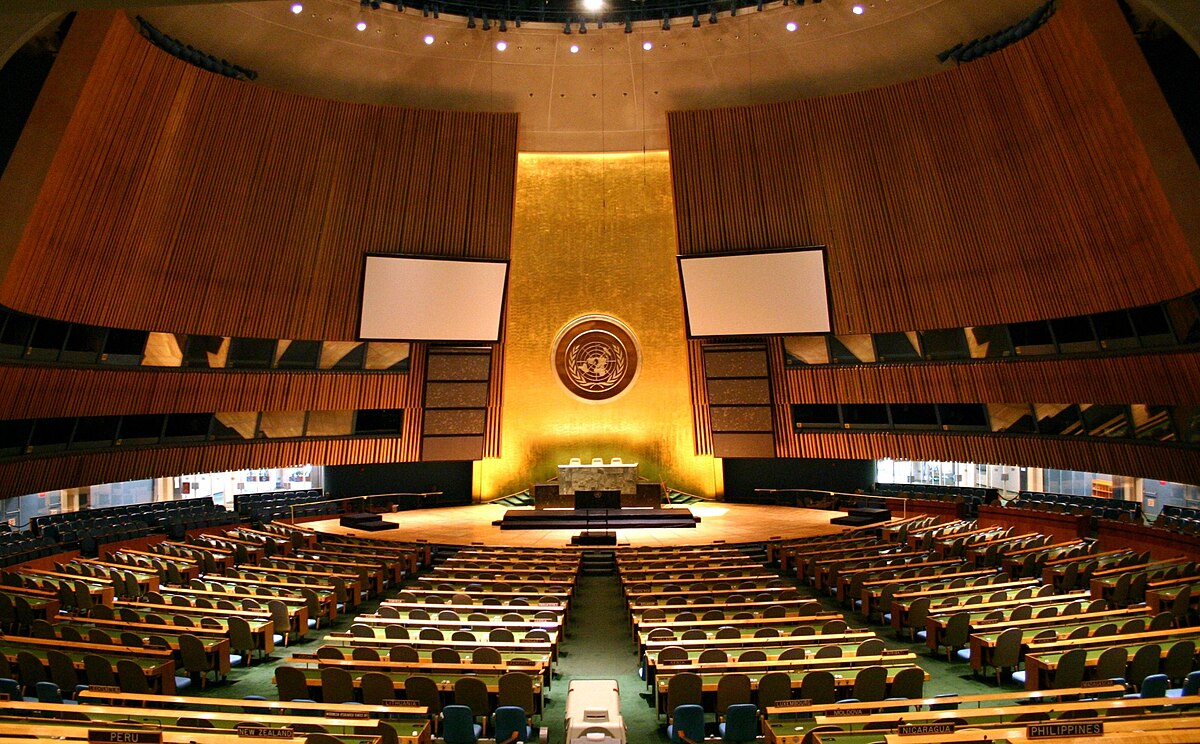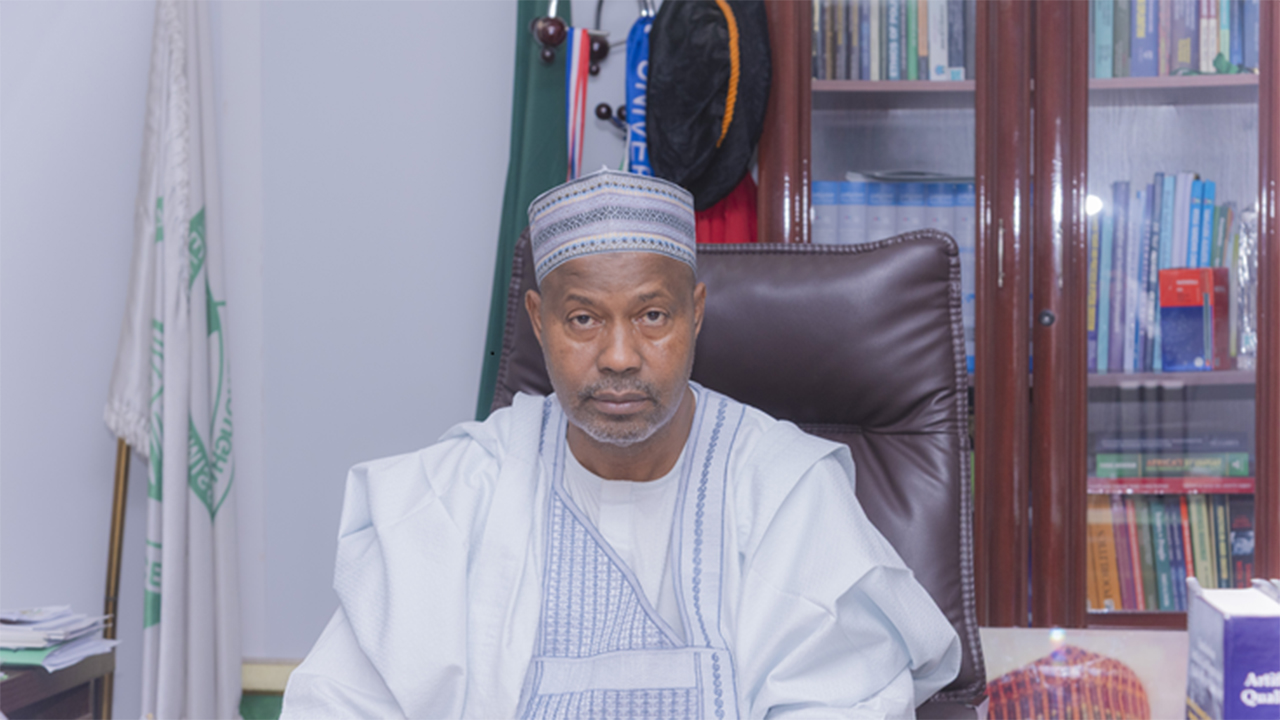Globalisation has redrawn the boundaries of trade, yet it has not erased the human instincts that animate those exchanges. Behind every contract lies a conversation; behind every transaction, a tone.
As a cross-border attorney trained in both the Nigerian and U.S. legal systems, I have learned that the future of international business will not be built solely on compliance and capital flows. It will rest, instead, on our ability to understand cultures and emotions — the quiet forces that build or break trust.
“Globalisation has erased borders in trade,” I often tell colleagues, “but it hasn’t erased the human behaviours that drive those trades. You can’t automate trust.”
When culture meets commerce
At Lagos Harbour, I once witnessed a shipment stall — not over legal fault or logistics, but over a misunderstanding. One party pressed for immediate arbitration; the other waited for consensus from elders and supervisors. It was not a dispute of law, but a clash of communication styles.
That moment affirmed what years of practice have taught me: cultural intelligence (CQ) and emotional intelligence (EQ) are not luxuries in global business — they are its infrastructure.
CQ measures how well people navigate across cultures. EQ governs how we recognise and manage emotions to sustain relationships. Together, they form the invisible scaffolding that keeps global partnerships alive.
Having negotiated multinational contracts in Lagos and mediated employment disputes in California, I have seen small cultural misreads unravel multimillion-dollar agreements. In today’s borderless economy — where blockchain removes intermediaries and Zoom replaces boardrooms — “the soft skills are the hard differentiators.”
The CQ-EQ framework
My approach draws from David Livermore’s CQ framework, which rests on four dimensions:
Drive: curiosity to engage with difference.
Knowledge: understanding norms — from Japan’s nemawashi to Nigeria’s respect for titles.
Strategy: planning for indirect communication or hierarchical pauses.
Action: adapting behaviour, greetings, and decision order accordingly.
EQ, I believe, keeps that strategy humane. Studies in negotiation show that leaders with both CQ and EQ resolve cross-cultural conflicts up to 50 per cent faster than those relying solely on technical expertise.
Bridging ethics and empathy
Nigeria’s $285 billion economy and $5.64 billion in capital inflows during the first quarter of 2025 show our enduring appeal to global investors. Yet diversity, our strength, can also be a source of complexity.
A common flashpoint is the U.S. Foreign Corrupt Practices Act (FCPA). In the U.S., a small gift can trigger suspicion; in Nigeria or China, it may signal respect. I often advise clients to create transparent, low-value gift registers reviewed by both sides — a bridge between ethics and empathy.
Consider Shoprite’s local reinvention after 2021. When ownership localised, the brand not only survived but thrived — because it adapted culturally. The same principle applies to tech firms merging Silicon Valley speed with African patience. That, too, is cultural intelligence in motion.
Leadership as translation
Effective global leadership is less about command and more about translation. Leaders must interpret silence as much as speech, align vision with local values, and manage teams that span continents and customs.
In mediation, I have seen empathy achieve what argument could not. Conflicts often dissolve once both sides feel heard. Law creates order; empathy creates resolution.
Five rules for a borderless world
Over time, I have distilled my cross-border philosophy into five rules:
Design for dignity: Titles and greetings cost nothing but earn everything.
Embed ethics: Pair hospitality with transparency; log gifts and review perceptions.
Default to mediation: It saves cost — and relationships.
Document consensus: Follow up with “we-heard” memos to confirm shared understanding.
Lead with empathy: Treat every disagreement as a design problem, not a personal affront.
Culture as capital
Cultural and emotional intelligence are not “soft skills.” They are structural advantages. If steam powered the first industrial revolution, empathy powers this one. When leaders combine structure with sensitivity, culture itself becomes capital.
Nigeria’s harbours hum with untapped potential — not just in dollars but in dialogue. Globalisation works best when people listen as hard as they innovate. When we do, borders cease to divide; they begin to bridge.
Maiguwa is a cross-border attorney specialising in international business, mediation, and dispute resolution across Nigerian and U.S. jurisdictions.
Her work focuses on helping organisations navigate the complexities of culture, regulation, and human interactions in global commerce.






